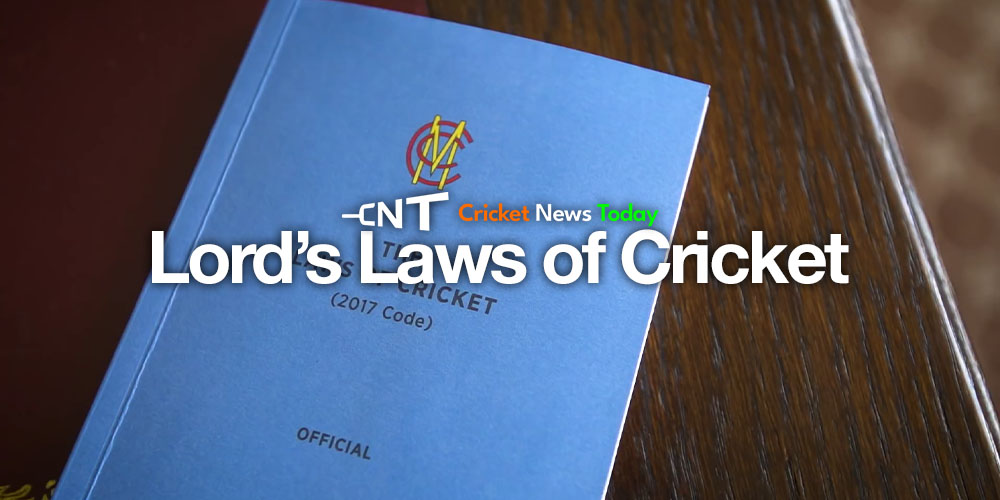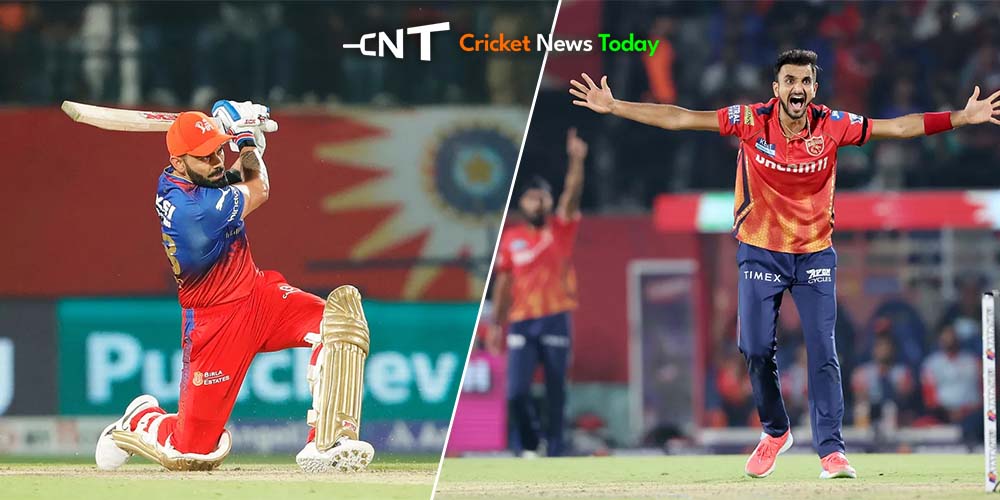Do you know the required minimum players in an IPL squad? Let’s break down the details.
The Indian Premier League (IPL) was inaugurated by BCCI in 2008. Since its inception, the league has had 17 seasons as of 2024 and 10 teams representing different cities or states in India.
IPL is more than just a cricket tournament. It is a hotbed, a festival that brings together the best cricketers from around the globe to play alongside or against each other.
What enables these legendary players to perform in such thrilling matches is a well-defined structure that every team must follow. One of the key elements of this structure is the composition of the teams. Let’s break it down!
Minimum Players in an IPL Squad: The Magic Number

As per the Laws of Cricket, the rules for assembling an IPL squad are clear. After the auctions, each franchise is required to have a minimum of 18 players and a maximum of 25 players in their squad.
Why 18? The Reason Behind the Number
Why is the minimum floor exactly 18? It’s because this magic number ensures that all teams have enough variety, depth and versatility to survive and shine through the 2 months long and demanding IPL season.
An 18-player squad provides enough room for a mix of international players, emerging domestic talents, and all-rounders. This provides the team flexibility in their playing eleven.
25 players: The Limit
While 18 is the mandatory minimum number of players, teams can opt to have a maximum of 25 players in their squad. This allows franchises with bigger budgets and more extensive scouting networks to secure additional talent.
However, the total budget for the squad must stay within the limits set by the IPL governing body. Currently, each team has an auction purse with a maximum value of INR 100 Crore.
If the franchise owner decides to retain some players from the previous season, then those players’ prices are deducted from the maximum value.
For instance, if Mumbai Indians decide to retain 4 players that cost them 30 crores, then their budget for acquiring more players comes down to 70 crores.
As per the Player Retention Rule, each team is allowed to retain a maximum of five players from the previous season.
Categories of Players in the IPL:
- Non-Indian/Foreign/Overseas players
- Capped Players
- Uncapped players
How many overseas players can an IPL team have?

Out Of the playing eleven, a maximum of 4 members in a team can be foreign players. This BCCI rule ensures that all ten teams maintain a balance between international and homegrown talents.
However, out of the overall 25-player limit, a franchise can acquire 8 overseas players in the IPL.
Chris Gayle, David Warner, Dwayne Bravo and Alzarri Joseph are some of the best foreign players in the league.
Capped Players: Country’s Pride
Capped players in the IPL are Indian players who have represented the country’s senior team in any international format at least once. Examples are world-famous cricketers Virat Kohli, K.L. Rahul, Hardik Pandya, Ravindra Jadeja, etc.
Uncapped Players: Domestic Gems in the IPL
Some IPL teams acquire uncapped players in their squad. These are promising players picked from domestic state leagues who have shown commendable skills in their game but haven’t had the opportunity to represent India internationally.
Sometimes uncapped players shock everyone with their IPL performance which becomes a gateway for them to enter into first-class cricket tournaments.
The rule of Impact Players was recently introduced in IPL in 2023. Since then, many teams have acquired uncapped players as their 5 impact players in the squad.
However, There’s no mandatory restriction to acquire such players in the IPL.
Composition of an IPL team

When a franchise owner builds an IPL team player by player, they don’t just pick players randomly. A good team must have balance and variation across various roles.
For example, a team that has good batsmen but bad bowlers and fielders lacks versatility and will suffer its consequences during a match.
An IPL team with adequate talents in the form of batsmen, bowlers, all-rounders, and wicketkeepers will outshine all other teams.
A well-rounded squad typically has:
- Top-order batsmen who can set the foundation. Virat Kohli and Shikhar Dhawan are the finest examples.
- Middle-order players to exploit pace-friendly conditions. Example: Rishabh Pant and Riyan Parag.
- Spinners for turning tracks like Yuzvendra Chahal and Ravindra Jadeja
- Great fielders with swift action and speed are great additions to a team. For instance, Kohli is currently the best batsman and fielder in the game.
- All-rounders like Pat Cummins, who provide dominance in both batting and bowling.
- Exemplary wicketkeepers like M.S. Dhoni who can excel in the bat as well.
Wrapping It Up: Quality Over Quantity
While the minimum requirement is 18 players, the key to a successful IPL campaign lies in the precision, skillset and versatility of all team members.
So, next time you watch an IPL match, you’ll know that the squad you’re cheering for isn’t just a randomly selected group of players.
It is the systematic result of a well-defined structure in the form of Match Playing Conditions laid down by the Board of Control for Cricket.
Teams need to be strategic in their selection. In other words, they must ensure that they have the right mix of experience and youth, specialists and all-rounders, and, of course, players with the ability to perform under pressure.
As a result, a carefully crafted team is built to meet the exacting standards of one of the most competitive cricket tournaments in the world.
It is this optimum team construction in the IPL, that has led to some incredible victories by teams like CSK and Mumbai Indians. Their popularity and success have made BCCI, the most powerful cricket board in the world.
The popularity of the league and its viewership are all results of the incredible teamwork and performance of cricket players. These players come from different countries and cultures. Yet, they stay united owing to the supreme spirit of cricket.
Anyway, now you know the exact digits for ‘Minimum Players in an IPL Squad’!











